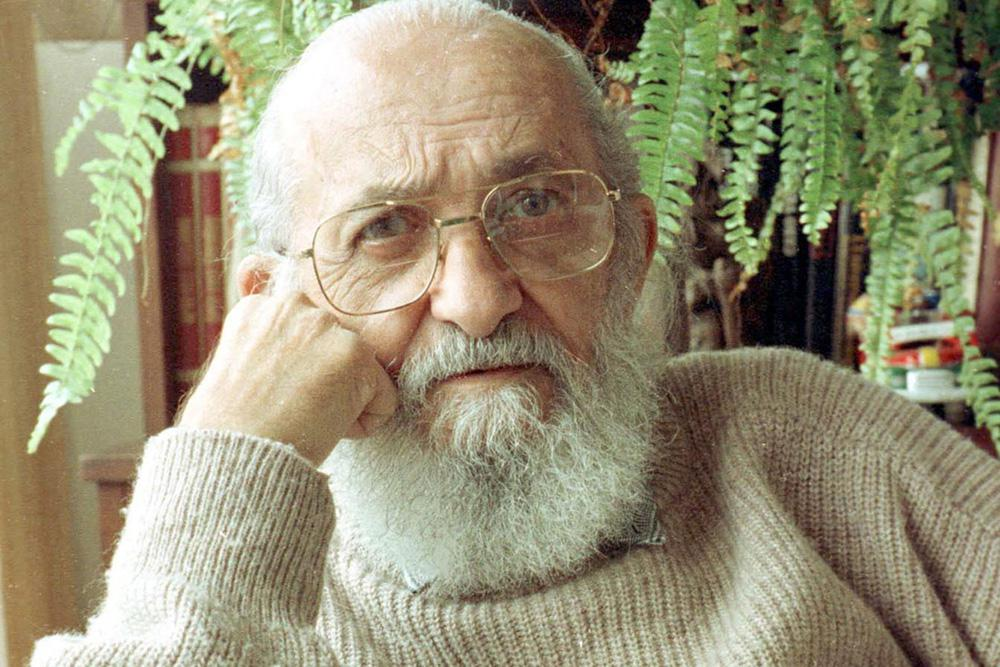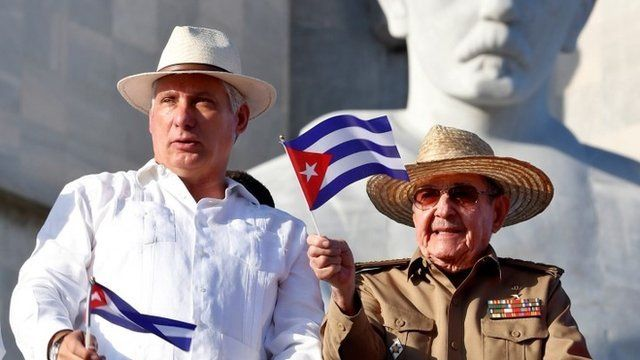Paulo Freire, born on the 19th of September in 1921, was a Brazilian philosopher and radical pedagogue most known for his 1968 work Pedagogy of the Oppressed. "Language is never neutral."
Paulo was born in Recife, the capital of the northeastern Brazilian state of Pernambuco. Initially affluent, his family experienced hardship during the Great Depression of the 1930s, and Freire's education suffered due to his own experiences with poverty and hunger.
Freire began working as a schoolteacher in the 1940s, beginning to serve as the director of the Pernambuco Department of Education and Culture in 1946. Due to the 1964 Brazilian coup d'état, where a military dictatorship was put in place with the support of the United States, Paulo Freire was exiled from his home country, an exile that lasted 16 years.
Freire then worked in Chile, until April 1969 when he accepted a temporary position at Harvard University. It was during this period, in 1968, that Freire published his most famous work, "Pedagogy of the Oppressed".
In this text, Freire criticizes what he calls the "banking method" of education, wherein a teacher "deposits" knowledge into an empty vessel, the student, or "bank". Instead, Freire calls upon teacher to engage in a more dialog-centric or creative education, one in which the suppressed experiences of the oppressed help create knowledge, fostering a social reality in which the marginalized are humanized.
Pedagogy of the Oppressed has since become the third most cited book in the social sciences, according to Elliott D. Green. As of 2000, the book had sold over 750,000 copies worldwide.
"Manipulation, sloganizing, depositing, regimentation, and prescription cannot be components of revolutionary praxis, precisely because they are the components of the praxis of domination."
Paulo Freire
Megathreads and spaces to hang out:
- 📀 Come listen to music and Watch movies with your fellow Hexbears nerd, in Cy.tube
- 🔥 Read and talk about a current topics in the News Megathread
- ⚔ Come talk in the New Weekly PoC thread
- ✨ Talk with fellow Trans comrades in the New Weekly Trans thread
- 👊 Share your gains and goals with your comrades in the New Weekly Improvement thread
reminders:
- 💚 You nerds can join specific comms to see posts about all sorts of topics
- 💙 Hexbear’s algorithm prioritizes comments over upbears
- 💜 Sorting by new you nerd
- 🌈 If you ever want to make your own megathread, you can reserve a spot here nerd
- 🐶 Join the unofficial Hexbear-adjacent Mastodon instance toots.matapacos.dog
Links To Resources (Aid and Theory):
Aid:
Theory:



Really interesting views by Catholic priest Helder Camera (He is quoted as having said, "When I give food to the poor, they call me a saint. When I ask why they are poor, they call me a communist.")
Some Quotes
For a guy who started his life as a member of the Integralist Party (Fascist/Pro-Nazi Party of Brazil), he really did change all his political opinions. Besides Puyi, the Zelaya family, etc., I wonder who else used to be a right-wing/far-right person and changed their political views later in life.
It is unusual national socialists to drop the national part but it seems like a thing that should happen. Even the most sclerotic souls have to resonate with the truth of the immortal science. Part of every tradional culture that people want to returvn to has elements of sharing and community care or they would never have survived long enough to be a tradional culture. We don't have those today and I think even the worst chud can feel pain at their absence even if they have build up many layers to ignore it